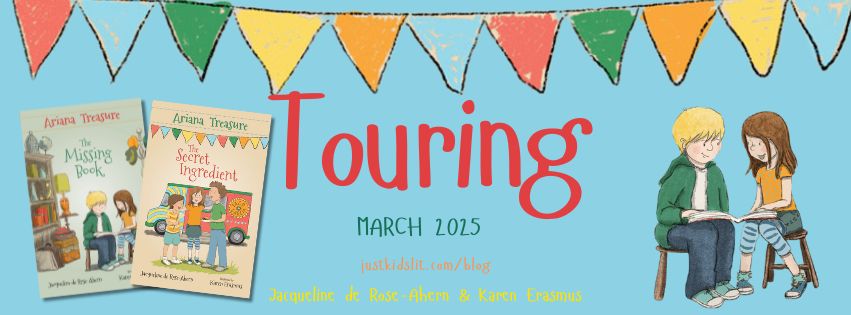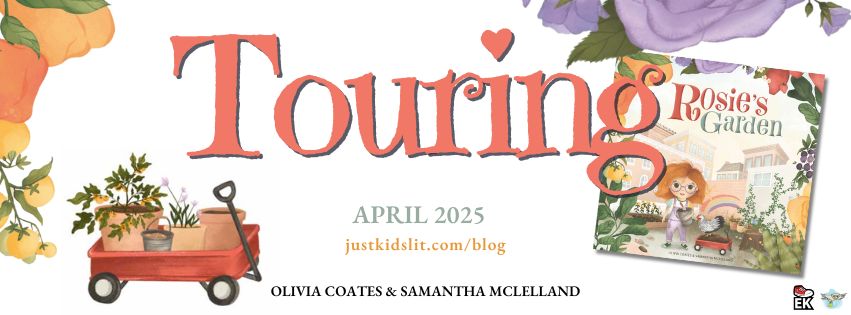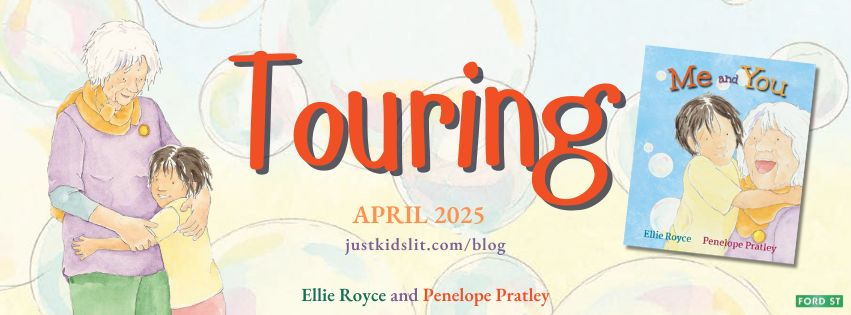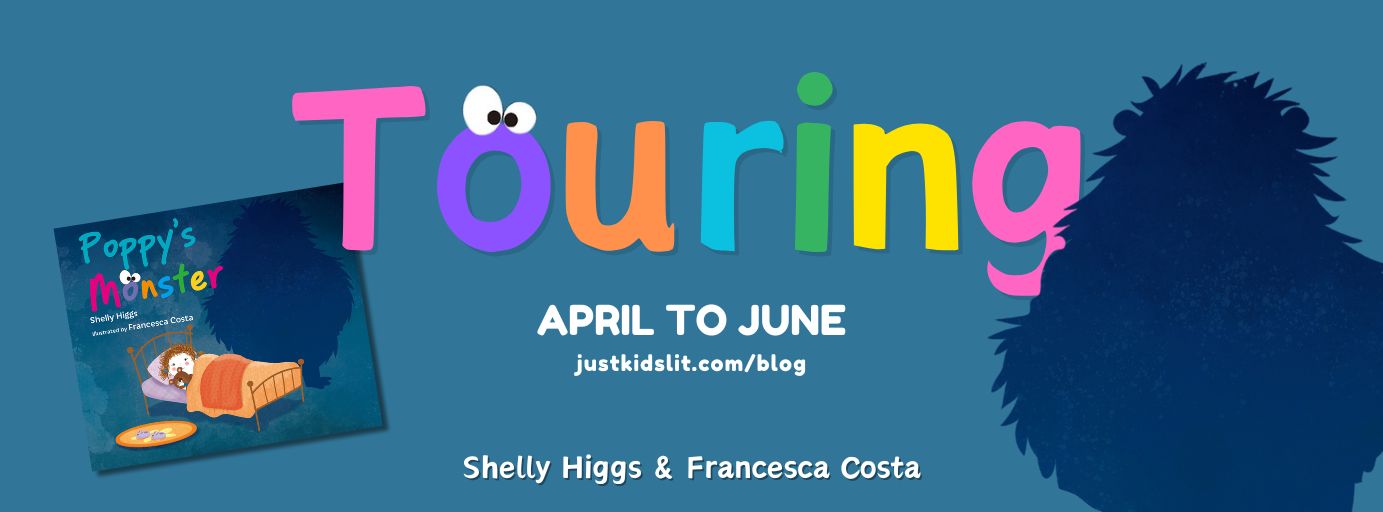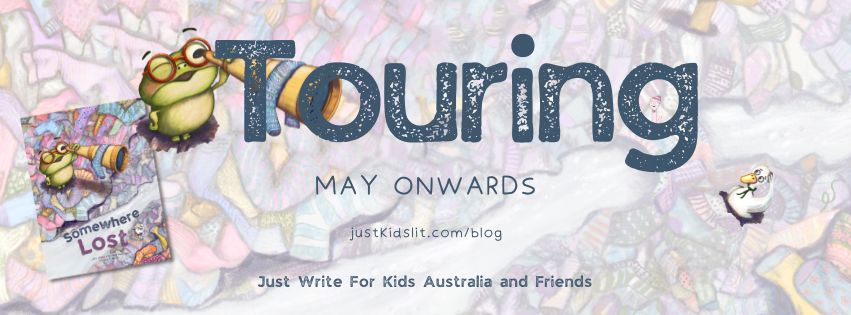#TheSentinelsOfEden #BlogTour #BooksOnTour #Day4
Guest Post by Carolyn Denman
Who gets to decide if something is offensive?
No matter what genre you write in, or readership you write for, at some point you will write something that upsets someone. No matter how careful you are. Let’s face it, even if you were to get Barack Obama’s best speech writers to edit for you, and your work passes the scrutiny of the most outspoken twenty-something hipsters on the planet, your work could still fall down over time (her protagonist said that fishing was a relaxing past-time? How dare she imply that such cruelty to animals could ever be acceptable, let alone enjoyable!). In this infancy of social media, etiquette has never been more intricate or complex. If you don’t believe me, try asking a teenager how to spell ‘okay’. Or ask them why they’re reluctant to have their grandparents as facebook friends – yes, it’s because the older someone is, the less they know the etiquette rules. Ironic, no?
Forget using the wrong fork for your amuse-bouche, these days if you breach the code and make the wrong comment in a public forum, things could quickly escalate from righteous blog posts against you, to bullying, to virtual lynch-mobbing. And when I say ‘quickly’, I mean within hours. Whether you shot a lion or merely mistook Natalie Portman for a girl who wore the wrong t-shirt, you will be the victim of cyber-bullying. Make no mistake; cyber-bullying isn’t just something that happens to outcast kids in high school. Any of us could be hit with it at any time, especially those of us who write for a living.
But, you say, surely if I’m not racist or sexist or homophobic in real life, then my writing will reflect that, and I’ll be safe from such attacks?
Well yes, of course that helps, but it isn’t always going to be enough. You write for the whole world now. Everyone does. That dentist who shot the lion? Do you think he grew up surrounded by friends and family who all condemned such behaviour? Of course not. He, like all of us, developed his values from a mix of surrounding attitudes. He is a direct result of his upbringing, and I have no doubt that he feels he has some very strict and righteous personal values. He probably even recycles his soft plastics. The point is that each of us is comfortable in our own morals, aren’t we? And each of us has a unique mix of values. So out of every individual currently alive on this planet, who is to say that my unique mix is the most valid one? Most of what I will get morally wrong will be issues I haven’t even thought about yet because I’ve just taken my cues from the culture I’ve grown up in and never questioned it.
So if I write something that does trigger a response in someone, who gets to decide whose morals are better? The victim does. The one who is most hurt, or at least, the ones who speak on behalf of the victim (especially if the victim is a deceased lion). Which is why the responses escalate so quickly, as people race each other to prove just how deeply they are shaken, or shocked, or traumatised by what was said. This usually leaves the poor writer either floundering somewhere between ‘your responses are hurting me more than I hurt you’ and ‘I have no control over what may or may not hurt you’. Both responses are a natural defence against shame, where what they’re really probably thinking is ‘I had no idea that what I said could be taken that way, or that people cared so much’.
So how, as a writer, can I guard against this potential backlash? I could simply give up and say that I can’t possibly please everyone all the time. It’s a large planet, with such varying standards and cultural expectations, which shift daily. I mean, look at what happened to Anne McCaffrey’s Pern series. When I first read about the blue and green dragons with their male riders and male mating flights as a teenager, I was in utter shock. Anne was a pioneer in tackling homophobia long before I had even heard of the word, but now the only feedback I hear about her writing is ‘how could she write that rape scene between Jaxon and the farm girl and then forgive him for it?’. Did Jaxom feel remorse for his actions? Damn straight. Did the author punish him enough for his actions? Nope. Have the author’s mistakes undone the things she got right? That is the question we, as writers, need to really think through. I, for one, won’t give up trying to weed out anything that might take away from the themes and messages I am passionate about. But how?
I could develop some Commandments:
- Thou shalt not make your protagonist sexist (sorry, Jane Austin, despite all your passion for female self-worth, you still had Lizzie get married. Why didn’t you have her ditching the whole marriage institution and open a school for outcast previously-eloped women instead?)
- Thou shalt not injure any animal in the course of your narrative (or even have your protagonist enjoy a juicy steak).
- Thou shalt not write from the point of view of someone marginalised unless you yourself have lived that experience (so don’t make your protagonist blonde unless you’ve been on the receiving end of a blonde joke yourself).
My point is that these are all excellent rules. Rules that I follow, but the lines will always be blurry, and I will get it wrong sometimes. In fact, I already did. This is hard for me to admit in a public forum, but my error was already public, so I might as well. I am a Christian, and I am not homophobic. Not anymore. Not since I was a teenager following the patterns of my elders without taking the time to think things through for myself. And yet, nearly a year after Songlines was published I discovered a phrase in it that was utterly unacceptable. Want to hear it? Fine, but it still really hurts.
‘The day he had arrived he’d been energetically embraced by a huge hulk of a man with legs like gate posts and a thick black beard who wouldn’t have seemed out of place at the Nalong pub. Except for the hugging. There was nothing kinky in it – that almost made it harder. If there’d been some sort of seductive motive behind the intimacy he would have had no trouble knowing how to throw a good punch, but when he’d backed uncomfortably away from the man, the Edenite had just looked confused.’
– Songlines, Ch 24
Yeah. Not only did I use the word ‘kinky’, but I also implied that if he’d been propositioned by a man, that it would have been okay to punch him? How did I not even notice this! How did none of my beta readers or editors not notice it? I humbly apologise to anyone who may have been hurt by this, and I thank God that I have a gracious publisher and that Odyssey Books uses a print-on-demand service. However, it has taken a few months to get the changes through the whole system, and there may well still be old versions floating around. I wish I could do something about that (please, if you happen to be gracious and forgiving, please buy up any old copies of my books and just black out that paragraph with a thick black texta!)
Yes, I made a mistake. Yes, there are probably more. No, I was not nearly careful enough. Who gets to decide what is considered offensive? The person who is hurt by it. Yes, I have an obligation to do my best not to offend anyone and I will never be guaranteed to succeed in that. The moral ground is shifting beneath our feet constantly, but there are a few safe foundations to stand on which have stood the test of time, and no, I’m not going to preach at you now. Except for this one thing. No matter what religion you follow or don’t follow, you kind of have to admit this rule is a pretty good one: ‘If it is possible, as far as it depends on you, live at peace with everyone’. (Romans 12:18 NIV)
This means listening to feedback, even when it hurts. It means keeping up with discussions on social media (although it isn’t always healthy to engage in them). It means thinking through issues that you may not have realised are all that important, even if they seem petty. It means admitting when you get it wrong and doing your best to make things right. Sometimes it may involve writing it up publically, on a forum you know will be read by people you respect and would have liked to impress. So thanks for listening.
Grab a Piece of Paradise – It’s Giveaway Time!
Simply tell us who you would love this set, and you’ll be in the running to win the set of three spellbinding books in The Sentinels of Eden series by Carolyn Denman!
For more details click here.
The Sentinels of Eden Blog Tour Schedule
PLUS!
Sunday April 8
Brydie Wright – www.brydiewright.com
Monday April 9
Susan Day – www.astrosadventuresbookclub.com
Wednesday April 11
Boomerang Books – http://blog.boomerangbooks.com.au
Thursday April 12
Megan Higginson – www.meganhigginson.com/blog
Friday April 13
Share Your Story – www.sharingyourstory.com.au
Subscribe here to stay in the loop








